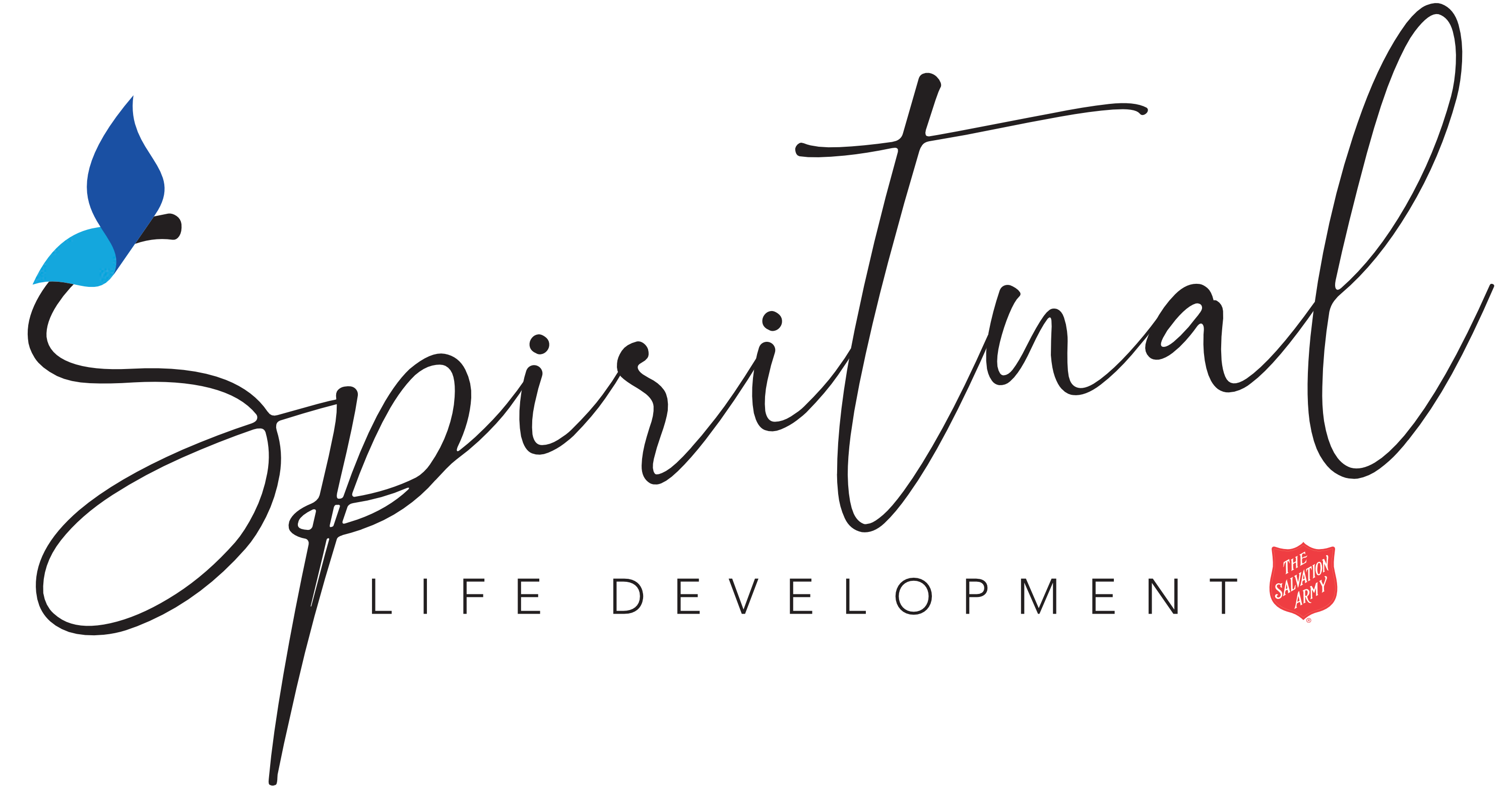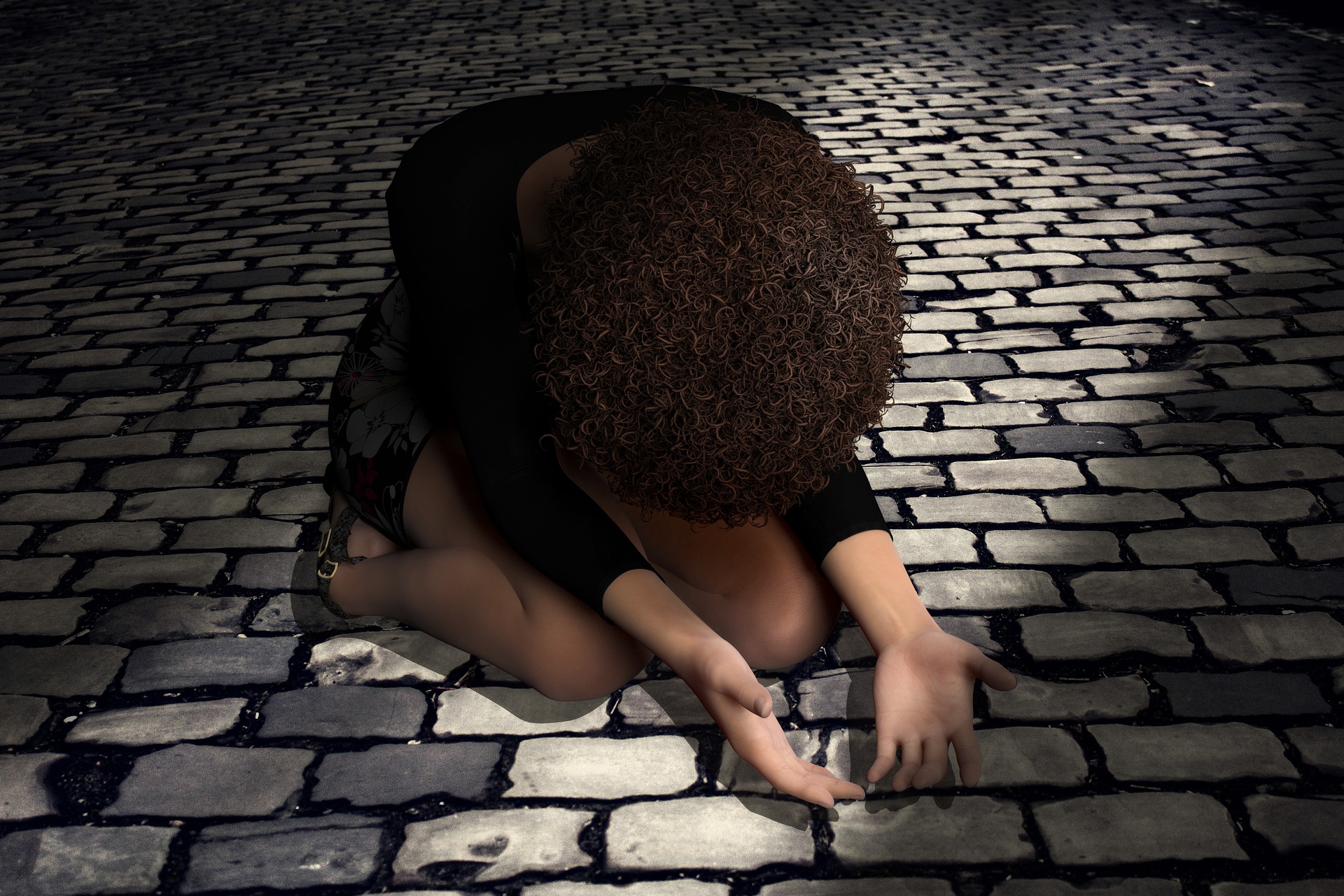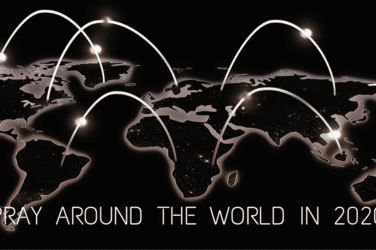READ:
How joyous are those who love the Lord and bow low before God,
ready to obey him!
Your reward will be prosperity, happiness, and well-being.
Your wife will bless your heart and home.
Your children will bring you joy as they gather around your table.
Yes, this is God’s generous reward for those who love him.
May the Lord bless you out of his Zion-glory!
May you see the prosperity of Jerusalem
throughout your lifetime.
And may you be surrounded by your grandchildren.
Happiness to you! And happiness to Israel! (Psalm 128, The Passion translation)
REFLECT:
As do many Psalms, this one begins with a pronouncement about the joyfulness of those who love the Lord. “How joyous are those who love the Lord!” That phrase needs an exclamation point. But bowing low … being ready to obey … um, not so much. In this psalm, those two postures seem to function as the bridge between the joy of loving God and the rewards of loving Him (prosperity, happiness, well-being, family blessings, and more). They are not just positions for whatever amount of time we spend in prayer during the day. They are life postures that help us orient ourselves and our priorities toward the blessings of God.
REACT:
There’s no magic in kneeling, but it is a good posture for prayer. When we use our bodies to pray, it sends a signal to our brains that this is different from the rest of the day. Kneeling, bowing down, is a symbolic act of reverence and obedience. Try it when you pray today. Even if you can’t physically kneel, find a different way to engage your body in prayer.




